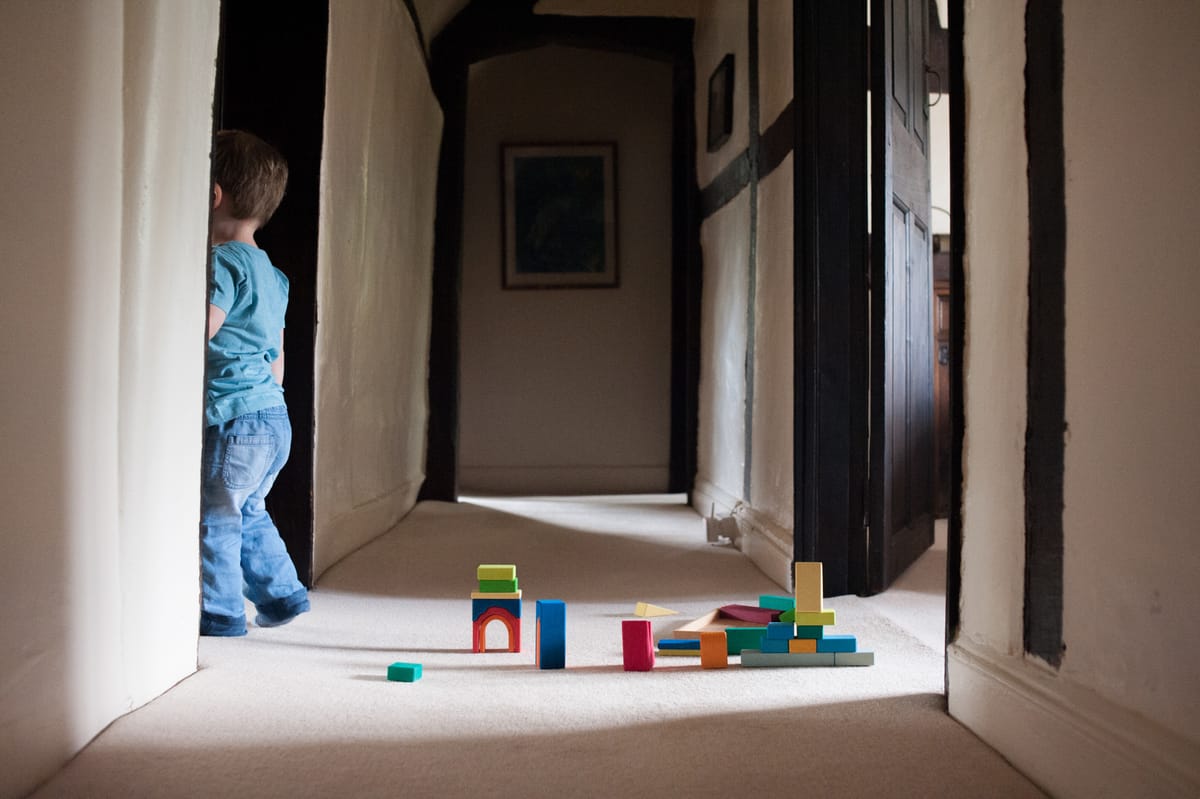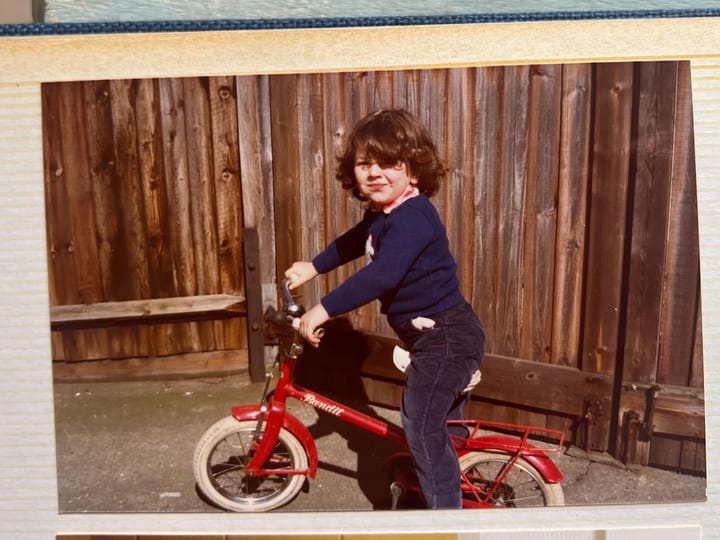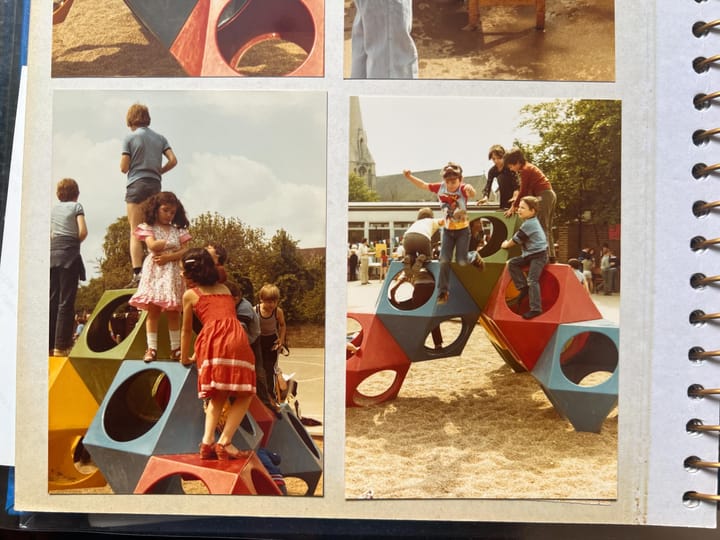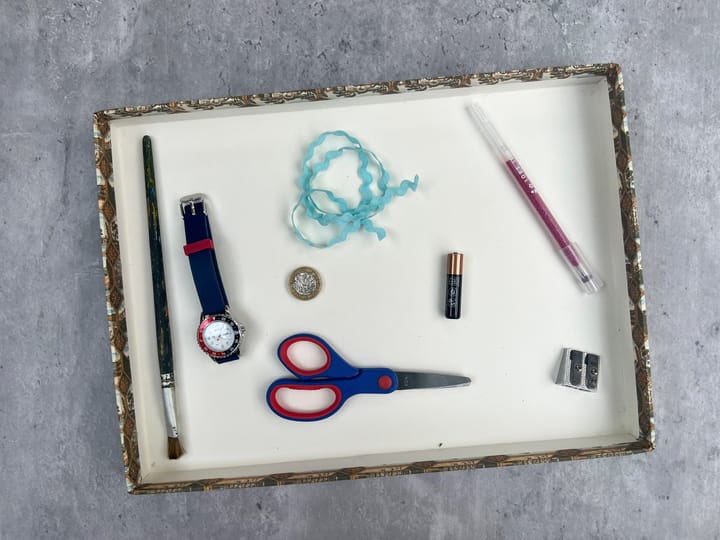The Play Tools: A reset button for play
Does your child ever get distracted? Is she sometimes too agitated to settle? Are there days when you feel like you’re constantly putting out fires, that it’s all tears and no play?

Simple strategies to get back to play when things fall apart
Does your child ever get distracted? Is she sometimes too agitated to settle? Are there days when you feel like you’re constantly putting out fires, that it’s all tears and no play.
I see a lot of hands going up.
When I launched One Hundred Toys, I didn’t want to talk about behaviour. It seemed too controversial. My advice might come across as judgemental. Who needs a sanctimonious, moralising teacher mansplaining how you should bring up your child? Not you. Not me, either.
Much safer to stick to play.
But I was shirking my responsibilities. In some ways, self-regulation and the executive functions are the only game in town. How can you succeed in school and in life if you don’t have basic self-control, if you can’t manage your emotions?
I’m still not going to mansplain behaviour tips, but I do have a project I’m really excited to share with you. It’s called The Play Tools.
What are The Play Tools?
Play is not always plain sailing.
Some days, your child gets into a deep state of focus and play flows effortlessly. Other days, it falls apart completely - she’s restless, distracted, frustrated.
This is where The Play Tools come in.
Each tool is a simple, actionable strategy to help your child:
- Regain emotional control.
- Refocus her energy.
- Get back to play
These aren’t complex instructions or long explanations. They’re practical, easy-to-use tools designed to ground your child in the moment.
Think of them as an internal compass, guiding her back to play.
How The Play Tools work
The Play Tools adapt to your child’s developmental stage—whether she’s a toddler, a preschooler, or older. Each tool has a slightly different focus, but the aim is always the same: helping your child regulate, refocus, and engage.
For younger children, you’ll find tools that emphasise sensory play and simple, calming actions to help them centre themselves and feel secure. With older children, the tools focus more on problem-solving, emotional self-regulation, and building their independence. There’s something for every age group and every stage of development.
Inspired by Stutz: Simple tools for big results
Have you seen the Netflix film, Stutz? In it, Dr. Stutz shares his philosophy that traditional psychotherapy can be a long, drawn-out process. The therapist often waits for the client to come to their own conclusions, which can take years. So, he devised The Tools - quick practices his clients could use right away to improve their lives.
It got me thinking. Could I do something similar for play? Could I create simple, easy-to-apply tools that parents can use in the moment to support their child’s development and emotional growth? And so, The Play Tools were born.
What’s next?
I can’t wait for you to try out The Play Tools and see how they transform playtime in your home. Sign up for Co-Conspirators and get free lifetime access to everything Play with Purpose has to offer.
Leave a comment if you have any questions - or suggestions. I’d love to hear your thoughts. This is something I’m excited for us to build together.
Happy playing!
Alexis



Comments ()